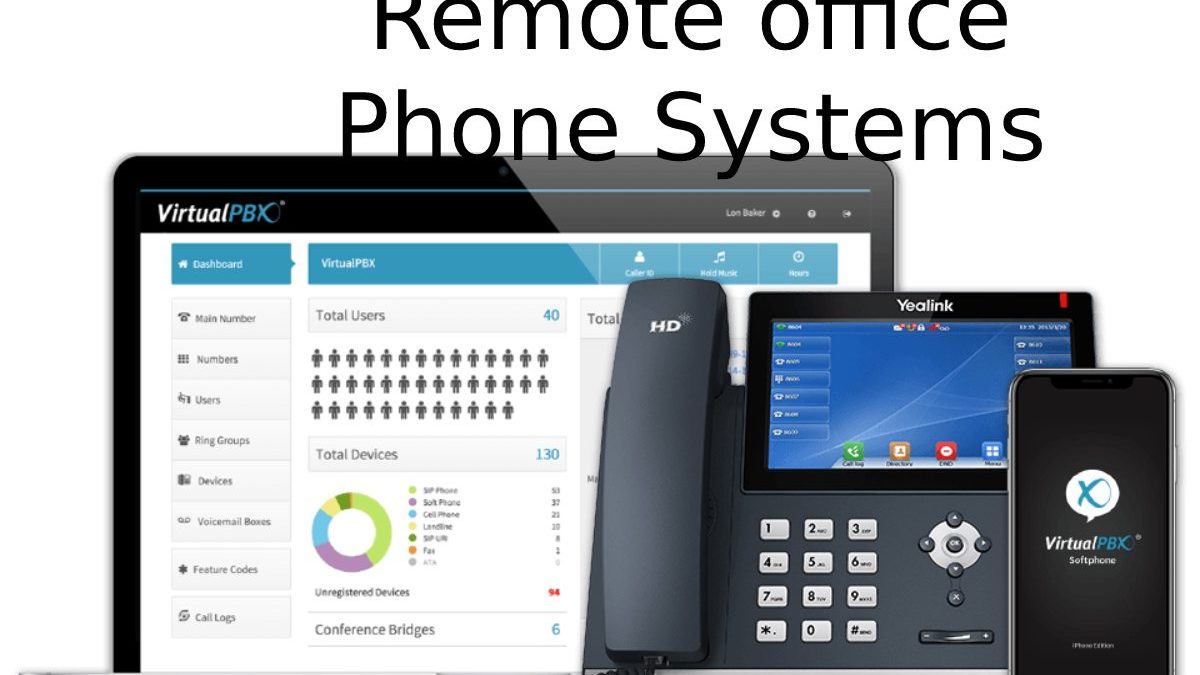Table of Contents
Introduction
One way to do this is to adopt a remote office phone systems so their teams can communicate from anywhere. the fact is, many employees don’t need to work in an office building to be productive. Spending all day at the office doesn’t sound appealing to most people. That’s enough to make many of us reconsider our goals and career path.
Must-Have Features Of A Remote Phone System
Organizations use unified communication to allow employees to interact through a single platform for telephony, computer messaging, conferencing, and screen sharing. In addition, it helps you break down barriers among users and their communication tools.
Remote work tools and strategies play an essential role in achieving greater flexibility in the workplace. With VoIP services’ digital work expansion, telecommuting becomes even more accessible.
Automatic Call Distribution: Location doesn’t matter with built-in VoIP automatic distribution (ACD); location doesn’t matter. With cloud-based call routing, it all depends on who’s available.
Auto Attendant: Third-party VoIP phone systems brand calls more efficient and expert with an auto attendant. A virtual assistant meets callers with a menu and transfers them to an extension or local number.
Caller ID: Nothing about working offsite should involve a guessing game. Caller ID lets remote managers see who’s calling, even when they’re not connected to your company phone.
Call Forwarding: When an agent receives an incoming call and is away from their work phone, they can answer calls on their mobile phone. This feature and call forwarding make the transition quick and seamless.
How Much Does A Telephone System Cost?
First of all, you’re not locked into expensive hardware. Hardware-less computer applications, called softphones, are the best option for remote phones. By replacing landline phones, businesses can realize significant savings. Your telecommuters can download a softphone app for Android and Apple phones and a desktop program for Mac and Windows computers.
Second, it’s packed with features. A remote phone system offers many more phone features than a traditional phone line. Since most of these features are usually included flat rates, they will not be affected by surprise prices.
What Are The Advantages Of A Remote Telephone System?
1. Stay Connected With Customers And Employees
It’s almost like a sick day when you’re out of the office. If they can’t see you, it’s hard for your team and customers to reach you. A remote phone system keeps your team online and reachable wherever they work.
A cloud phone system includes a managed directory and address book for even greater connectivity, so staying in touch has never been easier.
2. Everyone Shares An Office Phone System.
When working from home, communication with the rest of the team can be problematic. You won’t have this problem with a remote office phone system designed to help remote workers.
When time and money are at stake, you don’t want to track personal cell phones. With a VoIP PBX, call forwarding keeps your computer connected inside and outside the office.
3. Accessibility On The Go
Working from home remains very different from working in an office. Remote labours often have more control over their schedules, especially when traveling.
The main advantage is that an office phone system never sacrifices functionality when employees are out of the office. Employees can access your phone line from any computer or smartphone with a reliable business phone app. All that remains required is an Internet connection; It can even work fine over Wi-Fi.

